Raising the Bar: The Kiwi Distillery Turning Bakery Waste into Liquid Gold
Dunedin Craft Distillers are practicing spirited sustainability by crafting booze from leftover bread.
10 July 2025
Share this exclusive content from Saladplate
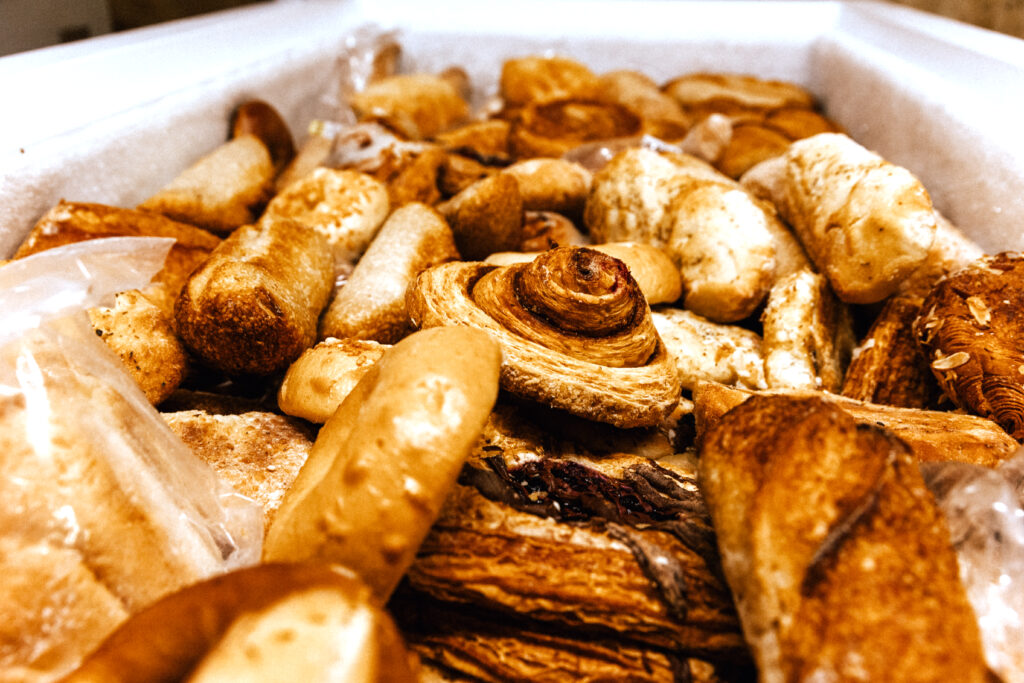
Dunedin Craft Distillers make high-quality spirits from leftover bread | Photo Credit: Martina Sandkuhler Photographyalty
In a world that’s growing more conscious of its environmental footprint, a few bold innovators are redefining what we consume and how. Among them is Dunedin Craft Distillers, based in southern New Zealand, that turns surplus bread into award-winning spirits and transforms food waste into liquid gold.
The idea took shape in 2019, when co-founders Jenny McDonald and Sue Stockwell were venting over coffee about the sheer volume of bakery waste across New Zealand. In Dunedin alone, up to 80 tonnes of bread and baked goods end up in a landfill each year. That frustration led to a simple but radical question: “Could we make alcohol from bread?’”
“The local and global problem of bakery waste was our starting point, it was about finding a practical local solution to local food waste,’’ says McDonald. “Alcohol is a nice-to-have in moderation; it is not a necessity of life. So, it makes solid environmental and social sense to produce it from food waste rather than from pristine agricultural resources. If you go back in history, alcohol has its roots as a way to preserve food and utilise waste.’’
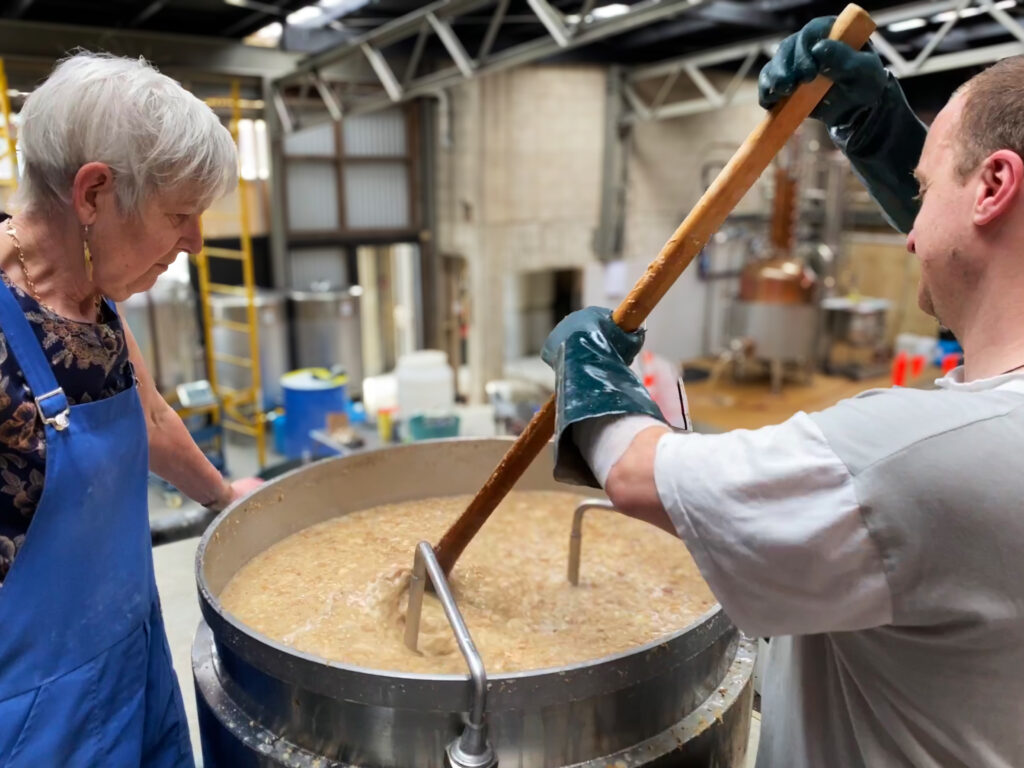
Distilling with bread involves efficiently processing bakery waste | Photo Credit: Martina Sandkuhler Photography
This environmentally driven motivation led to the birth of Dunedin Craft Distillers, where the local community’s surplus bread became the star ingredient. Their process uses everything from takes stale loaves to sandwich crusts and converts them into clean, botanical spirits. On average, every litre of their finished product contains the equivalent of four loaves of bread.
Of course, turning bread into booze isn’t exactly easy. If baking bread is an art, brewing it is controlled chaos. Packed with complex carbohydrates, bread requires serious chemistry—and plenty of trial and error—to break down into fermentable sugars. Early attempts produced what McDonald describes as “sludgy, sticky goop” that would overwhelm conventional brewing gear. Still, McDonald and her team managed to crack the code.
“The biggest practical challenge is efficiently processing the bakery waste,’’ McDonald explains. “The science is well-established, but very few people around the world are using bread to make alcohol primarily because conventional brewing gear simply does not work with the sludgy goop you end up with from cooking up bread. Over a long period of trial and error, we have solved that problem at a workable scale.”
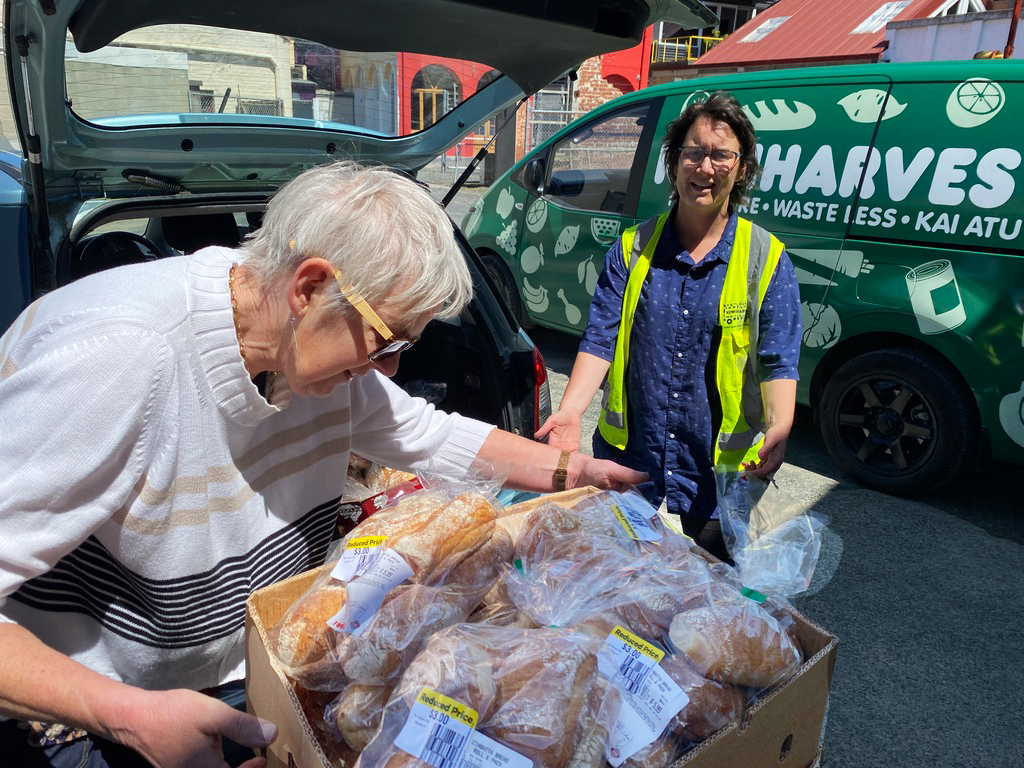
Bread from Kiwi Harvest | Photo Credit: Martina Sandkuhler Photography
Distilling with bread is anything but glamorous — think thick, sticky porridge you’re somehow meant to turn into top-shelf alcohol. It’s messy, unpredictable and wildly different from working with traditional grains. Even slight variations in bread type or moisture can throw everything off. But at Dunedin, they’ve turned this challenge into a craft. By refining the process and distilling the bread-based wash into a semi-neutral spirit, they consistently produce a smooth, high-proof (94% ABV) alcohol that’s remarkably smooth, with delicate hints of vanilla and aniseed.
While bread might be the star of the show, its true identity is rooted in its local community. From collaborating with local food rescue groups like KiwiHarvest to processing leftover bread crusts from local sports clubs, the distillery’s ties to Dunedin are deeply personal.
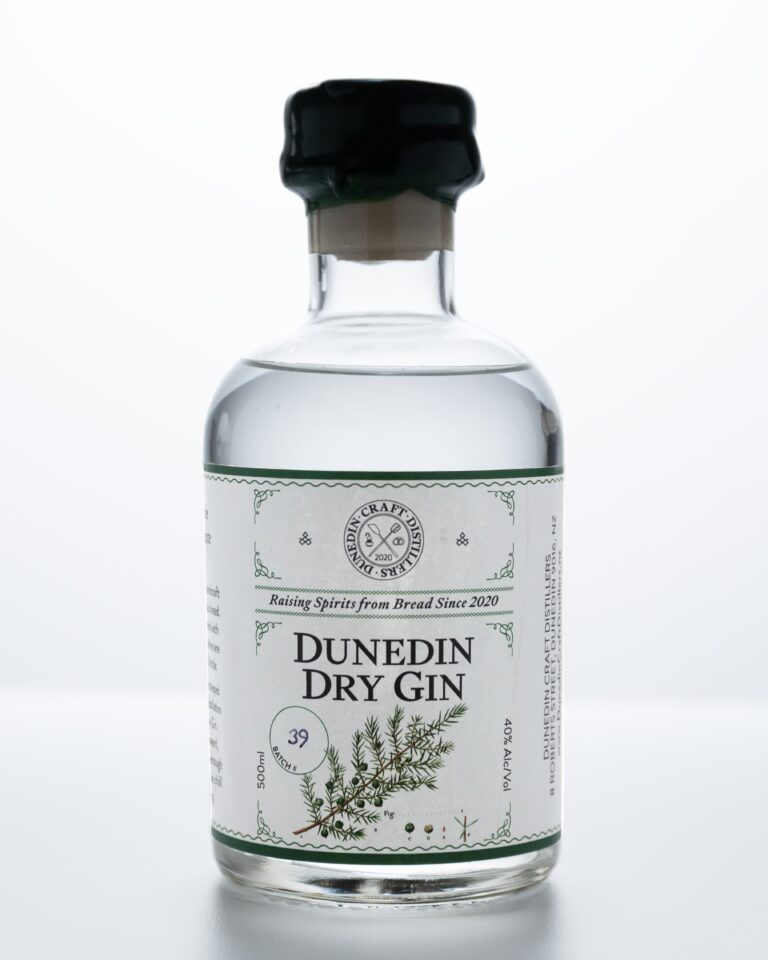
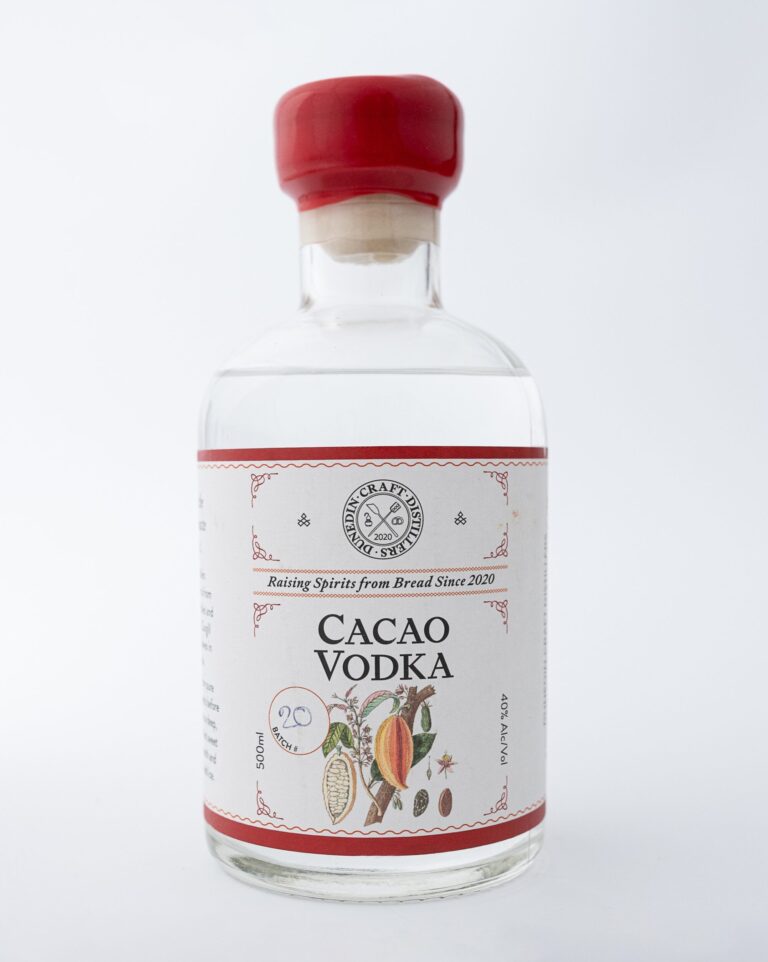
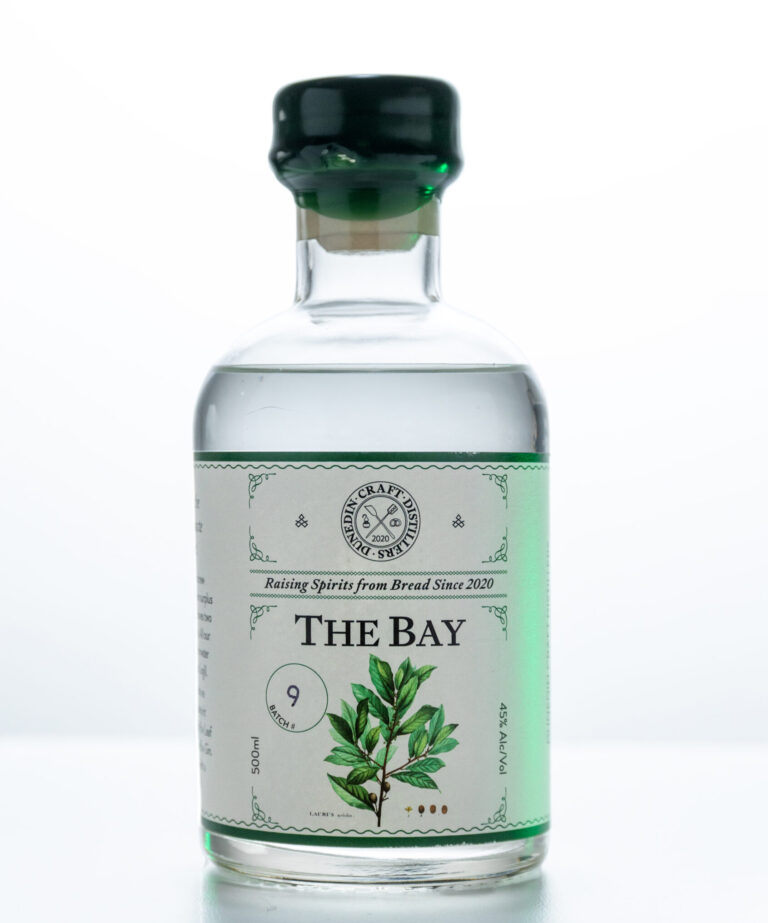
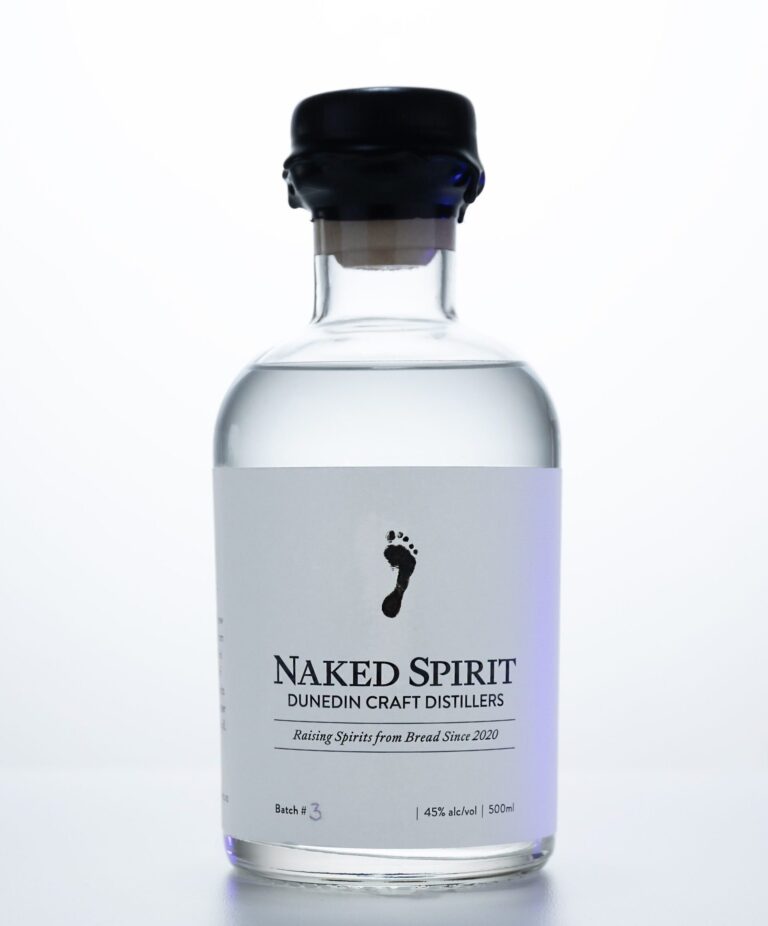
Photo Credit: Martina Sandkuhler Photography
“One of the most rewarding aspects of our business has been the support and enthusiasm from our local community,’’ says McDonald. “From individuals and community groups who share our concern about the waste problem to businesses, large and small.”
This hyper-local, low-waste approach is embedded in every aspect of their operation. The distillery shows no signs of slowing down. With experimentation at its core, the team is constantly exploring new ideas and flavours that continue to challenge the boundaries of what’s possible in the world of craft spirits.
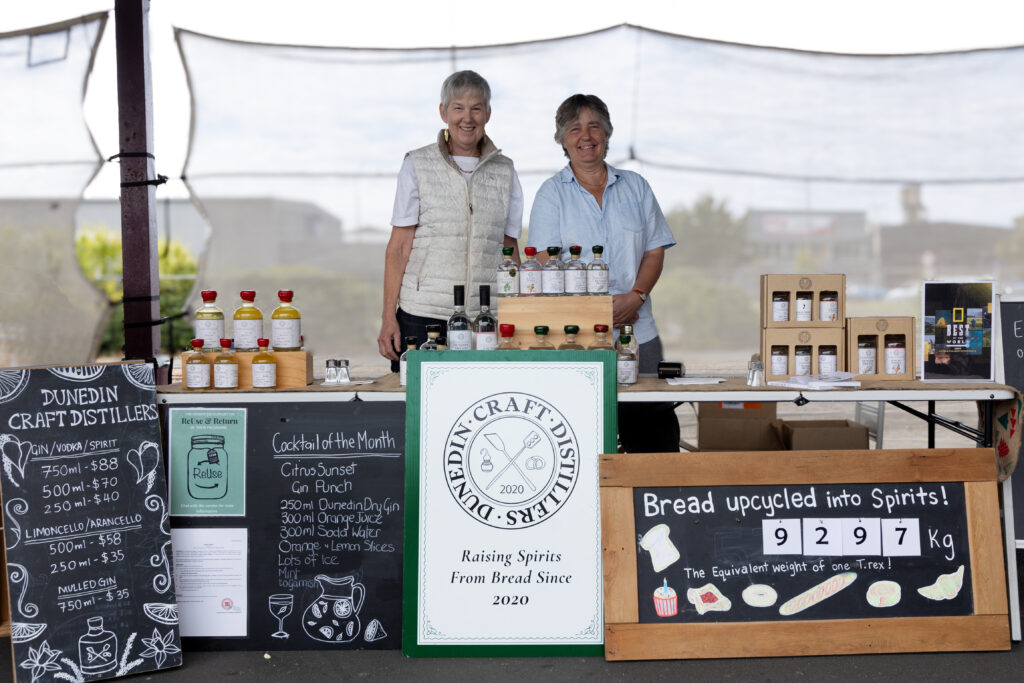
Photo Credit: Martina Sandkuhler Photography
Their next big release? A bread-based whiskey is set to drop around Christmas.
Dunedin Craft Distillers isn’t just making gin, spirits, and liqueurs, hey’re making a statement. That waste isn’t inevitable. That we can reimagine what’s possible and that even something as humble as stale bread can have one hell of a second act. Born from humour, environmental concern and a healthy dose of ingenuity, it’s redefining what sustainable drinking looks like. It isn’t just a quirky local start-up, it’s one of the few distilleries worldwide turning rescued bread into premium spirits. So next time you raise a glass, know you’re not just enjoying a finely crafted spirit but you’re toasting to a smarter, cleaner way to drink. Cheers to that.
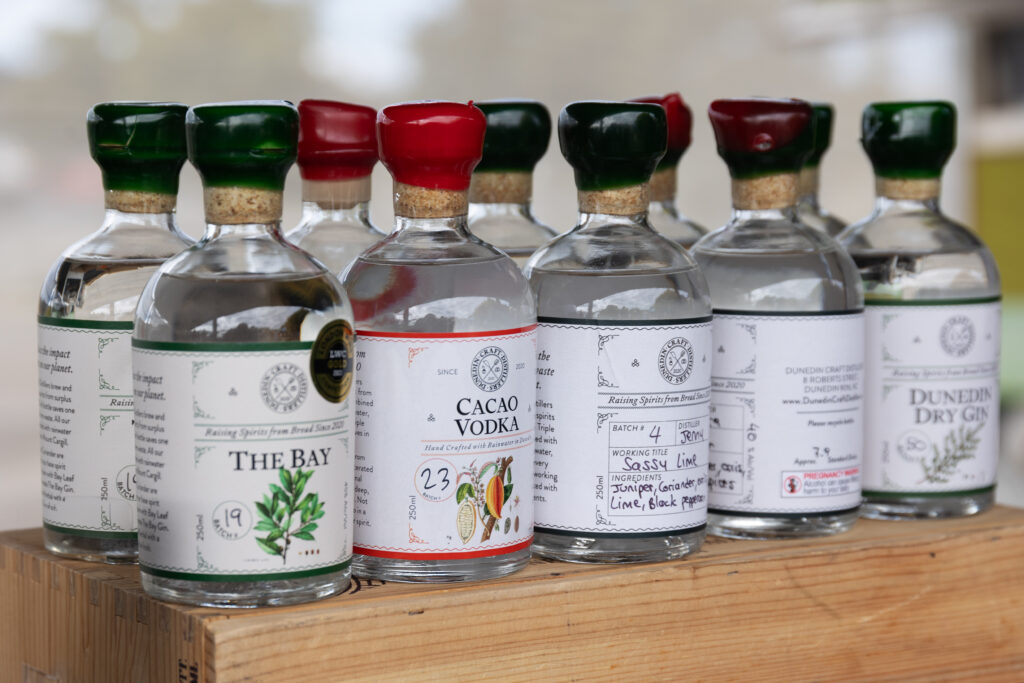
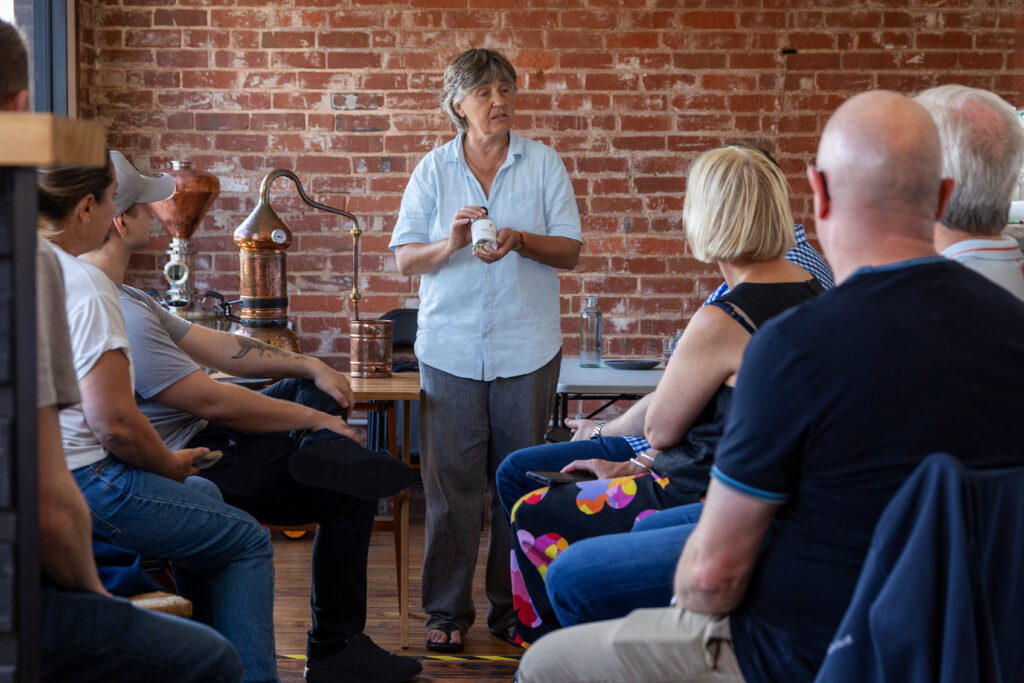
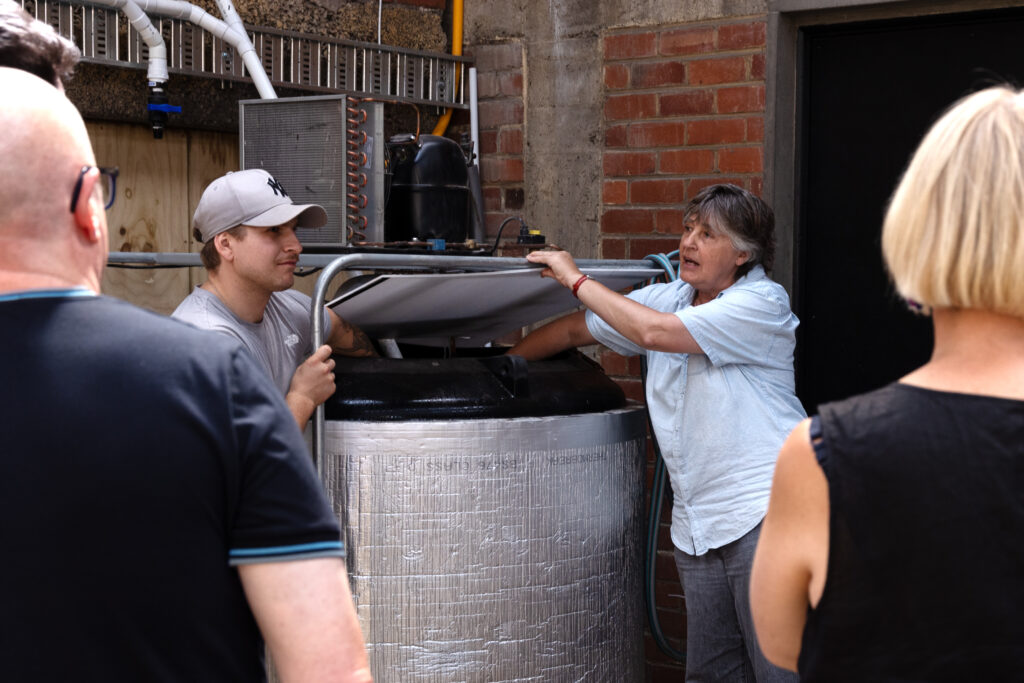
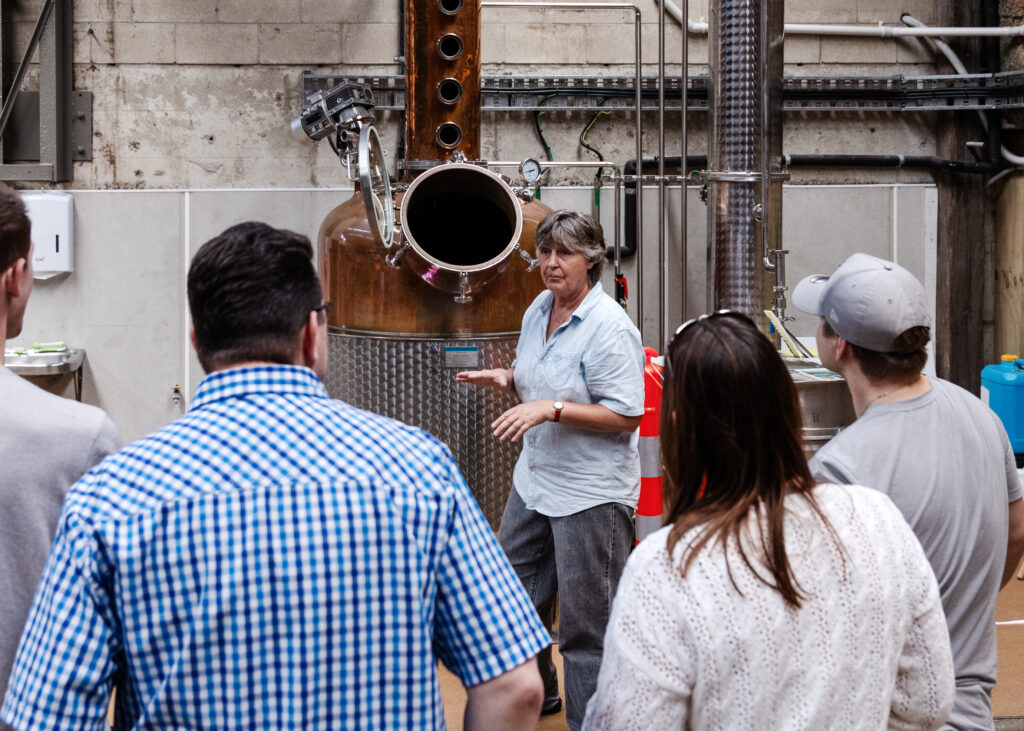
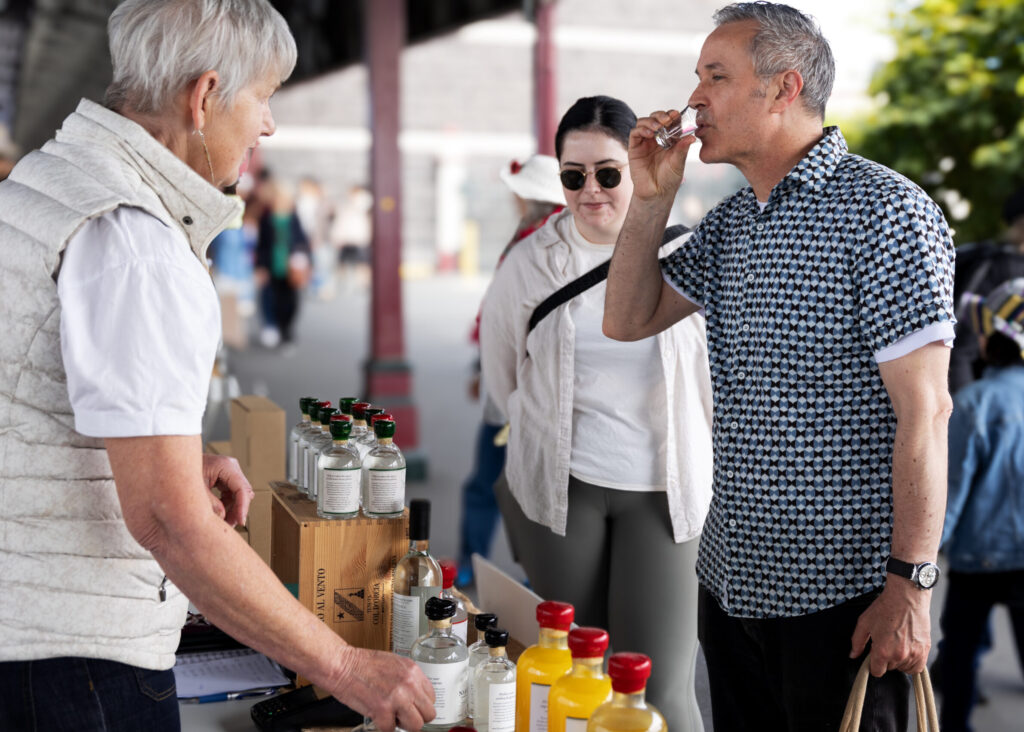
Photo Credit: Martina Sandkuhler Photography
Author: Pooja Thakur
Pooja Thakur is a senior journalist, writer, and editor with over 20 years of experience in print and digital media and in creating custom content for periodicals. She has been a long-serving senior reporter at Bloomberg News covering areas such as real estate, stocks and personal finance and investing across markets with a focus on Southeast Asia and India. In her free time, she enjoys scuba diving, rucking and finding the newest watering hole in town.



